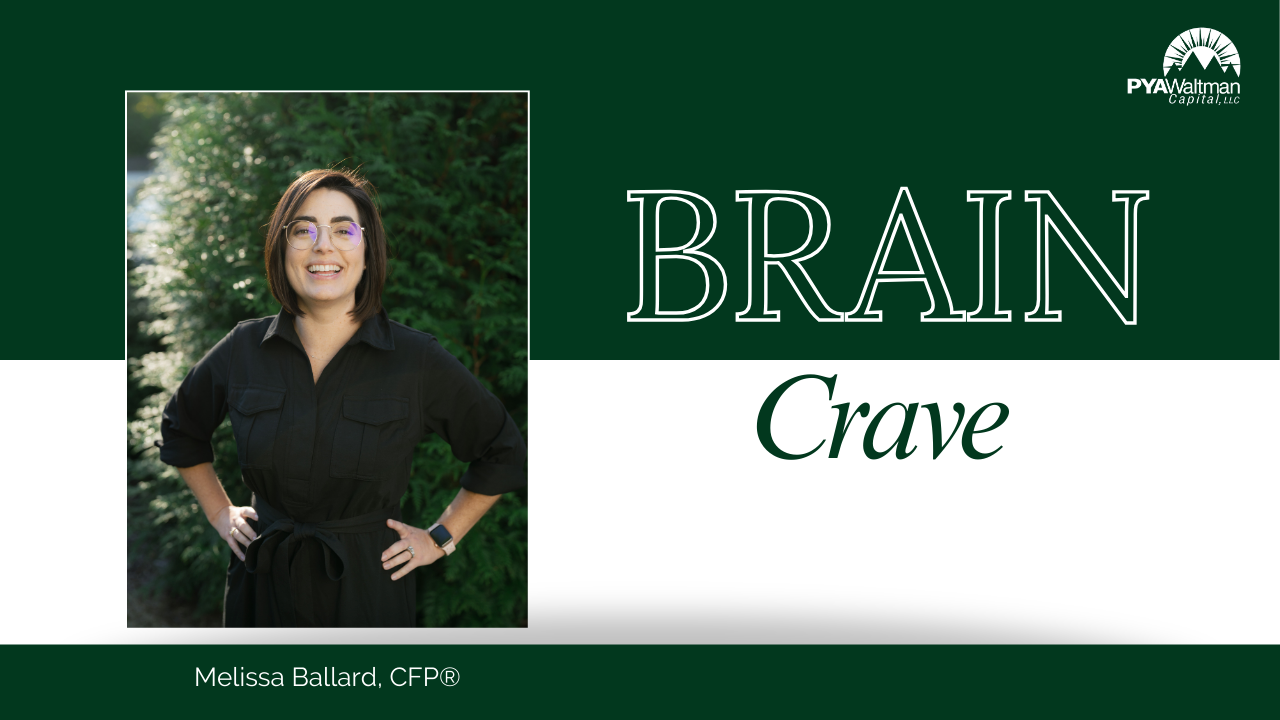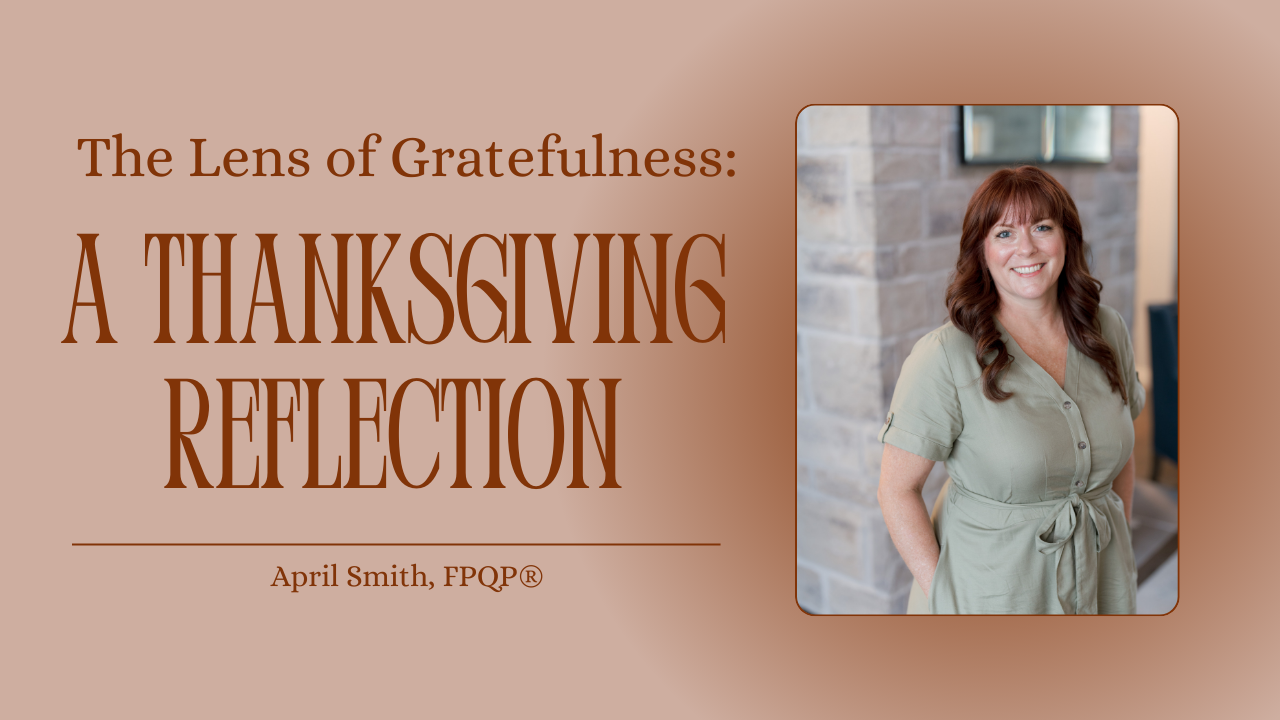Article By: Aaron Nolan, CFP®
The average American spends 240 hours each year thinking about food. Not 240 hours partially thinking about food. 240 hours of food being the only thought on the mind. Common sense would prod you to think that those 40 minutes each day play a large role in determining how much food a person eats in a given day. Research shows us that the opposite is true.
One afternoon in Chicago, moviegoers were welcomed to a matinee screening with a wonderful surprise, free popcorn and soft drinks! Each person was given a medium or a large bucket of popcorn, a drink, and asked to answer a few questions about their concessions experience after the film. What they didn’t know was that the popcorn had already been sitting out for five days. One of the moviegoers later said that the popcorn was so stale that it was like eating Styrofoam packing peanuts.
Research is never perfect, but the stale popcorn study had some fascinating results. The study found that those who had been given the large buckets of popcorn ate 53% more than those who had been given the medium buckets of popcorn. After the study had been repeated dozens of times with different cohorts across many different states, the conclusion remained the same. It didn’t matter if the participants were hungry or full, if the popcorn was fresh or stale, or what genre of movie was playing. If you give people a bigger container they will eat substantially more.
Willpower is a funny thing. Most people don’t have it, yet think they do. If you put us in a dark room with a movie and give us a bucket of popcorn, our instinct is to eat it and eat lots. Even if it is stale! We all probably think that we wouldn’t fall into that same trap if we were a participant of the study, but so did the actual participants. When those that got a large popcorn were asked if the size of the bucket influenced how much they ate, they all said things like, “I wouldn’t fall for that” or “I am good at knowing when I have had enough”. Yet, they fell into the same trap time and time again.
What the popcorn study really shows is how dangerous the human body and mind can be when we mindlessly do something. Food is the obvious example, but there are many things in our day-to-day life that fit the bill, including spending money. Maybe you mindlessly add things to your online shopping cart. Maybe you mindlessly auto-renew your car insurance policy without shopping around. Maybe you mindlessly order delivery instead of fixing dinner. How it practically plays out will look different for each person, but we have to be aware of what we are fighting against. If we don’t put up our guard, we just may find ourselves in the dark eating a bucket full of stale popcorn, whether we like it or not.
Originally published in West Knoxville Lifestyle.
PYA Waltman Capital, LLC (“PYAW”) is an investment adviser registered with the U.S. Securities and Exchange Commission. Registration does not imply a certain level of skill or training. More information about PYAW’s investment advisory services can be found in its Form ADV Part 2, which is available upon request. PYA-23-46.



.png)


.png)